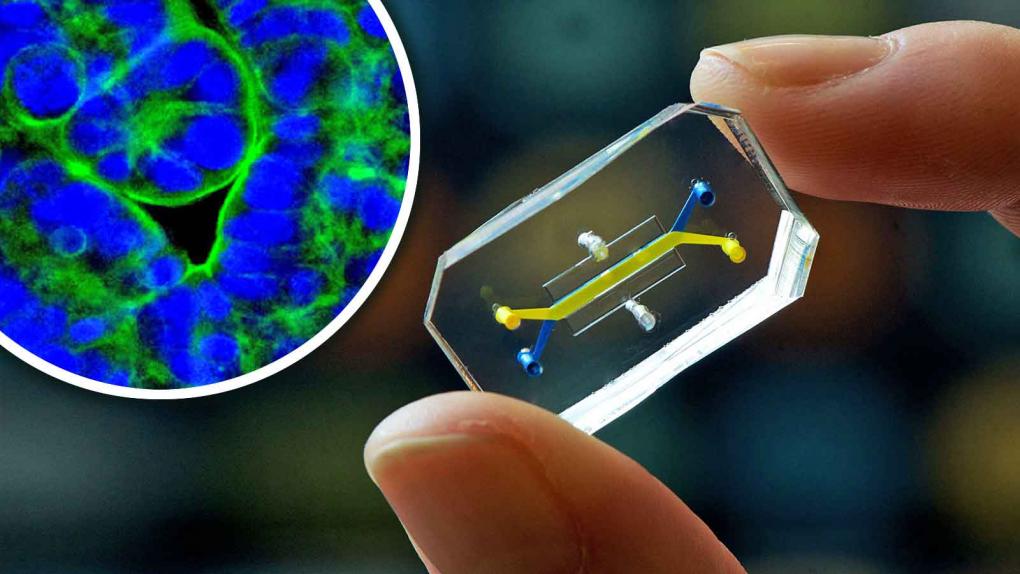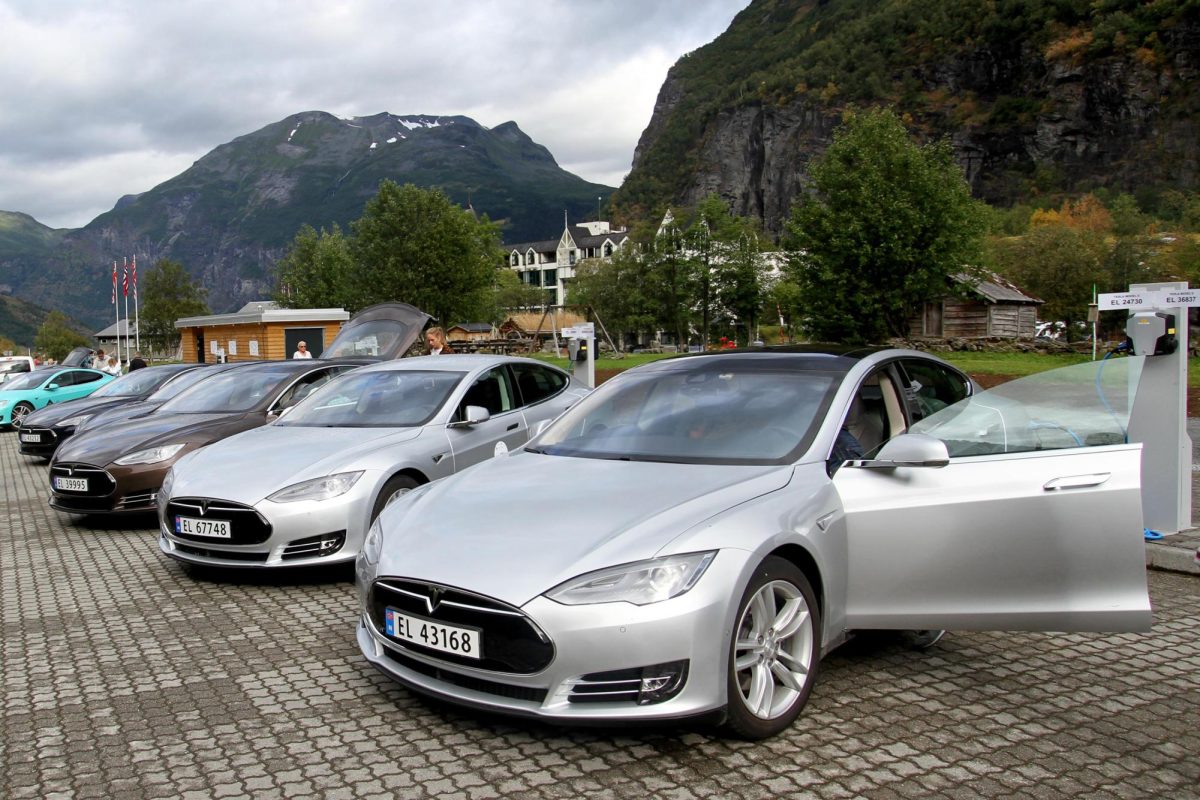The long and grueling workday can be exhausting for everyone, and kids need some gas in the tank to ensure their success. Coffee has been a popular option, but energy drinks seem to be stealing the spotlight. From Yerba Mate to Celsius to Redbull, these energy drinks promise a refreshing jolt of flavor that will keep you buzzing with energy for the rest of the day. However, recent research shows these new trendy, high-functioning energy drinks may have dangerous health effects.
Of course, these energy drinks do have some positive effects. They are fairly inexpensive, can improve moods and workouts, and have health benefits. Once that first sip rids someone of their grogginess and unwillingness to take on the day, they feel unstoppable. Especially before a workout, these drinks are a great boost that will get one’s blood pumping with adrenaline. These drinks are also very accessible and cheap, sharing energy to conquer the challenges of the day. Lastly, these drinks have zero-calorie options, which appeal to people on a weight-loss journey and prevent overconsumption of sugar.
However, these energy drinks aren’t just magical potions that only do good. In reality, consuming too many energy drinks can have many health downsides. For instance, sugary energy drinks can cause obesity, diabetes, and dental problems. Its adverse effects go beyond physical ones—the stimulation it induces in a person can cause anxiety, jitters, and insomnia. Kids can also get addicted to the delicious taste of these drinks, furthering the above issues. Due to these downsides, The American Academy of Pediatrics suggests that teenagers should not have energy drinks, but 30-50% of teenagers say that they consume them regularly.
Although energy drinks can provide the confidence and stamina students need to excel throughout their days, the long-term risks they pose on our young bodies far outweigh these short-term benefits.
Sources:
“Energy Drinks.” Centers for Disease Control and Prevention, Centers for Disease Control and Prevention, 15 Aug. 2022, www.cdc.gov/healthyschools/nutrition/energy.htm.
Kelly, Caitlin K, and J Roxanne Prichard. “Demographics, Health, and Risk Behaviors of Young Adults Who Drink Energy Drinks and Coffee Beverages.” Journal of Caffeine Research, U.S. National Library of Medicine, 1 June 2016, pmc.ncbi.nlm.nih.gov/articles/PMC4892198/#:~:text=Young%20adults%20between%20the%20ages,companies%20and%20the%20largest%20users.&text=Fifty%2Done%20percentage%20of%20U.S.,within%20the%20past%202%20weeks.
Pearce, Jason. “The Pros and Cons of Energy Drinks.” Nova Medical Centers, 7 Mar. 2022, n-o-v-a.com/blog/pros-cons-energy-drinks/.







